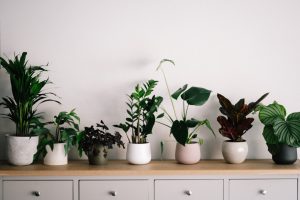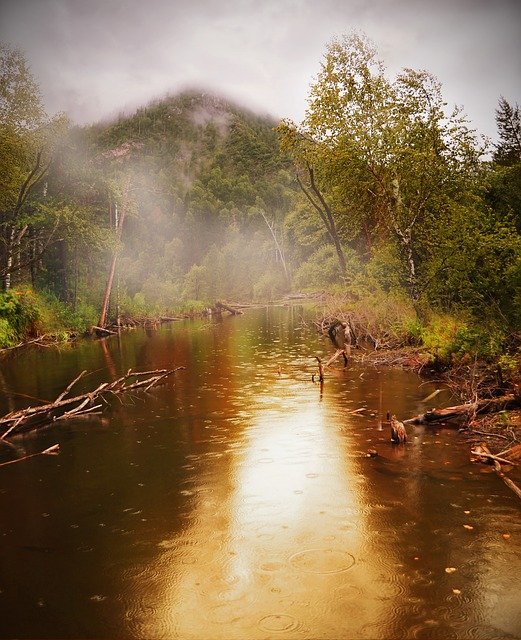Benefits of Having Indoor Plants

A great deal of people appreciate working and living in well-manicured green places, and most of them adore having lovely plants nearby using self watering pots. Is there more to it, though? These are seven possible advantages of indoor plants, according to scientists.
1. Indoor plants may aid with stress reduction
Stress reaction will be reduced if you engage in indoor gardening. Despite the fact that the research participants were young males who were used to working with computers, the computer task elevated their blood pressure and pulse rate.
2. Real plants might help you focus more intently.
I apologize, but artificial plants won’t make you pass your tests. Researchers placed students in a classroom with either a genuine plant, a fake plant, a picture of a plant, or no plant at all in a short study with 23 participants.
Participants’ brain from one study revealed that pupils who studied with actual, living plants in the classroom were more focused and attentive than those in the other groups.
3. Plants may hasten your recuperation from disease
Your recuperation after a disease, accident, or surgery may go more quickly if you can look at plants and flowers.
It is noteworthy that the majority of study focuses on hospital environments rather than homes and gardens.
4. Plants can change your perspective on work in general.
Anybody’s job satisfaction may be increased by a view of the city park, but you might be surprised to hear that a potted plant can have a comparable impact.
Compared to individuals who didn’t work with natural elements, those whose offices had indoor plants felt more committed to the company and experienced higher levels of job satisfaction.
Select indoor plant species that are suitable for kids and dogs.
A comprehensive inventory of dangerous plants is practically unattainable, as several plants have deadly portions alongside totally benign ones.
Make sure a new plant is safe before bringing it inside where children or dogs may get hold of it by checking with a trustworthy source. There may be a list of poisonous plants in your area published by your state’s poison control agency and extension service.

